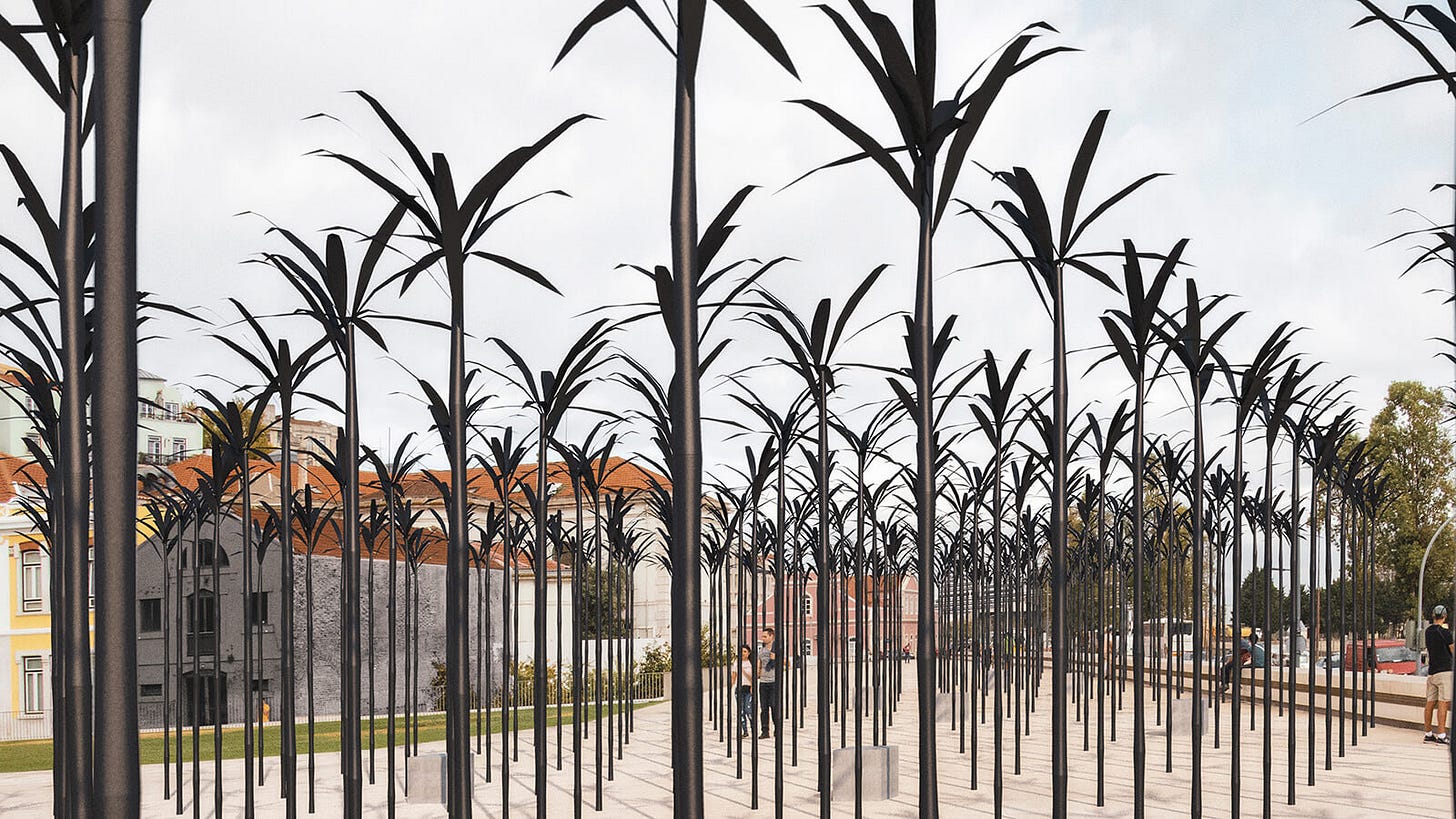University of Coimbra to decolonize its cultural heritage
The group aims to submit a document to the rector of the University of Coimbra on how to deal with "sensitive heritage" until the end of the year. The aim is to propose an action plan.
A group of researchers and academics from the University of Coimbra, including museologists, anthropologists, historians and the director of the General Library, to produce an inventory of assets originating in Portugal's former colonies at the institution.
The group doesn’t have an official name yet, but is provisionally known among its members as the "sensitive heritage" group.
Its goal is to deliver a report to the rectory of the institution and suggest, when appropriate, colonial reparation and restitution.
In Público, one of the researchers responsible for the group, Walter Rossa, guarantees that the “key point” of the work and writing of the document is the “decolonization of the university”, a subject considered “pending” and which is an increasingly “global and transversal” concern.
“The key point is the decolonisation of the University of Coimbra [UC],” architectural historian Walter Rossa told PÚBLICO, who together with historian Miguel Bandeira Jerónimo and art historian Luísa Trindade formed the group just over a month ago, inviting other UC academics to join.
“We don't even have a name yet, because we want to discuss the concept and have an expression that expresses what we are. Funnily enough, what we started using was the expression 'sensitive heritage', which started circulating in the UC rectory.”
Walter Rossa holds the UNESCO Chair in Intercultural Dialogue in Heritage of Portuguese Influence; Miguel Bandeira Jerónimo, a specialist in colonial and imperial history, is the coordinator of the PhD in Heritage of Portuguese Influence; and Luísa Trindade is the scientific coordinator of the University of Coimbra's Heritage Support Office, whose existence was formalised two months ago with the vice-rectors responsible for Heritage and Culture, with the aim of supporting the rectory in its actions and policies
Background
On the occasion of the celebrations of the 50th anniversary of the 25th of April, statements by the President of the Republic, who recognized Portugal's responsibility for “crimes” committed during the colonial era — even suggesting the payment of reparations for past mistakes — raised an great debate in national society and politics.
Chega accused Marcelo Rebelo de Sousa of “betraying the Portuguese” and asked the head of state to recant his statements, also scheduling, in May, an urgent debate in parliament so that the Government could clarify whether it was being considered, or no, the attribution of possible “compensation” to the former colonies. The draft resolution proposing a case against Marcelo for treason against the country led to the creation of a special committee in Parliament, which rejected the existence of “any evidence of the commission of crimes” indicated by André Ventura's party.
Watch here the RTP program ‘Visita Guiada’ (Guided Tour) about the sites of slavery in Portugal.




